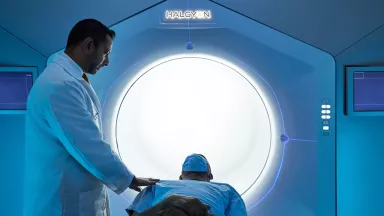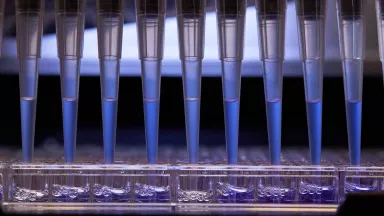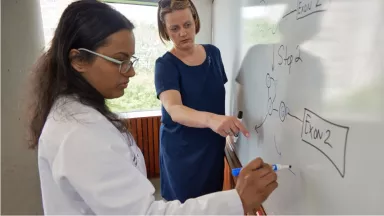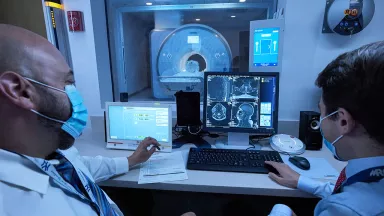Prostate Cancer Screening
Rely on Montefiore Einstein Comprehensive Cancer Center’s compassionate specialists for high-quality prostate cancer screening services. Early detection makes prostate cancer treatment easier and more effective.
Prostate Cancer Screening Program
To protect your health, work with a doctor to determine what the best approach to prostate screening is for you. We offer screenings at our state-of-the-art Cancer Center. We offer screenings at convenient locations throughout the community in the evening or on the weekends.
About Prostate Cancer Prevention & Screenings
Prostate cancer usually grows slowly. Often, it causes no problems, and many men never even know they have it. However, in some cases, it can be aggressive and spread beyond the prostate to other parts of the body. That’s when it becomes risky, even life-threatening.
There are ways you can lower your risk for prostate cancer. These include:
- Eating a healthy diet that’s low in fat and includes plenty of fruits and vegetables
- Maintaining a healthy weight
- Taking dietary supplements and medicines if you’re at high risk for the disease
Prostate cancer screenings can find cancer early. Men with an average risk for prostate cancer should begin regular prostate cancer screenings at age 50. Your doctor will recommend when you should be retested, depending on the results of your first screening and your age.
High Risk for Prostate Cancer
Certain individuals are at higher risk for developing prostate cancer. Family history can also increase your risk for prostate cancer.
Other factors that put you at higher risk for prostate cancer include:
- Certain inherited genetic conditions, including Lynch syndrome and BRCA1 and BRCA2 mutations
- Being overweight or obese
- Older age
- Smoking
You should consider earlier or more frequent prostate cancer screening if you:
- Are a man older than 45
- Are a man older than 40 with several close relatives (father or brothers) who were diagnosed with prostate cancer before turning 65 or are BRCA mutation carriers
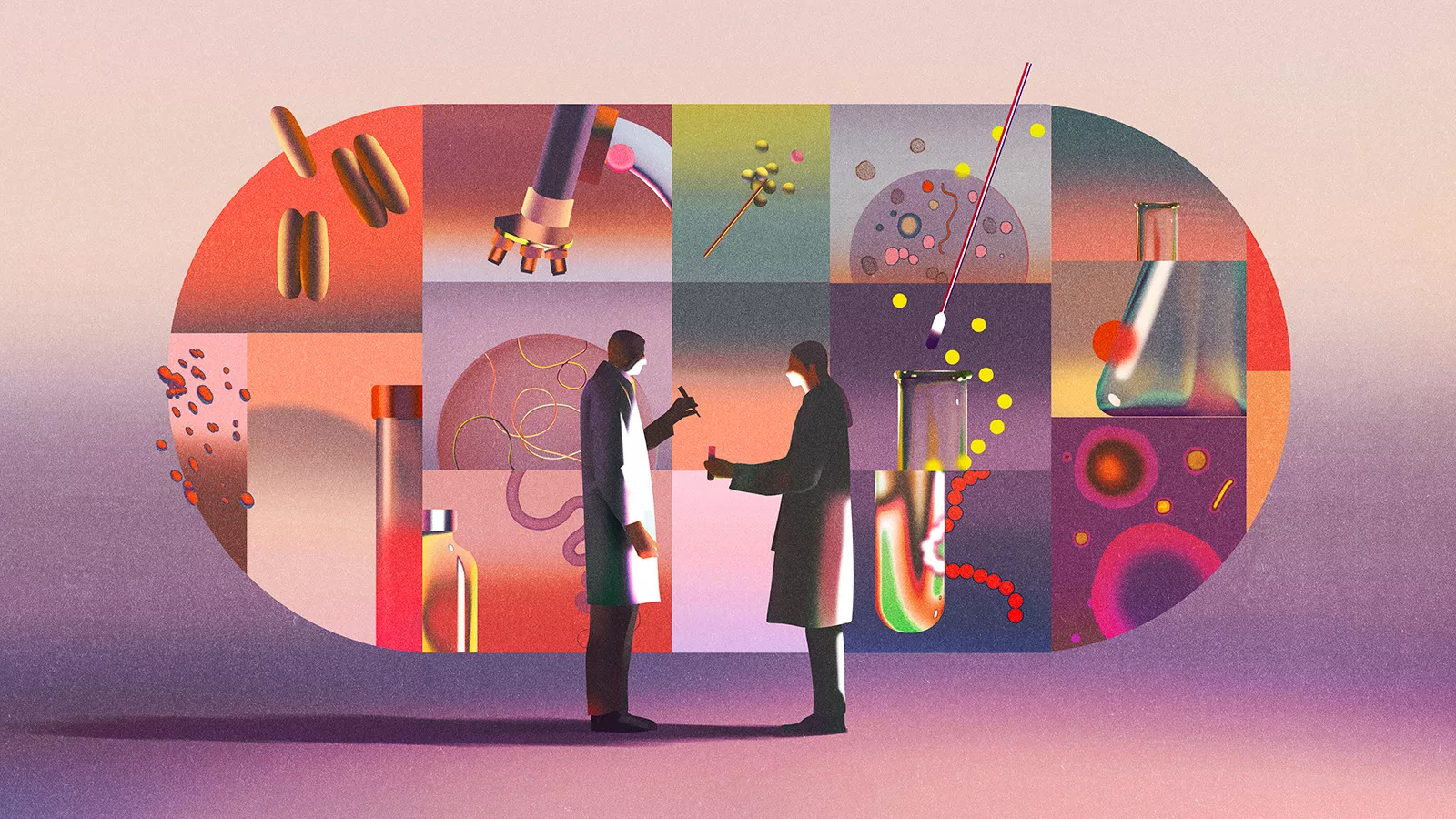
Cancer Clinical Trials
- Blood & Bone Marrow Cancers
- Brain, Spine & Central Nervous System Cancers
- Breast Cancer
- Childhood Cancers
- Endocrine System Cancers
- Gastrointestinal (GI) Cancers
- Genitourinary (GU) & Urologic Cancers
- Gynecologic Cancers
- Head & Neck Cancers
- Kaposi Sarcoma & AIDS-Related Cancers
- Lung & Chest Cancers
- Prostate Cancer
- Sarcomas
- Skin Cancer
As an NCI-designated comprehensive cancer center, Montefiore Einstein Comprehensive Cancer Center supports the mission and guidelines of the National Cancer Institute (NCI). The following information about types of cancer, prevention and treatments is provided by the NCI.
Prostate Screenings We Offer
We offer the two main tests used to screen for prostate cancer:
- Prostate specific antigen (PSA) test: A PSA test is a blood test. It measures the amount of prostate-specific antigen (PSA) in your blood. Men with prostate cancer typically have higher PSA levels than men who don’t.
- Digital rectal exam: Doctors may do a prostate exam, known as a digital rectal exam, if your PSA test is abnormal. The exam involves your doctor inserting a gloved, lubricated finger into your rectum. This exam allows the doctor to feel your prostate for abnormalities.
If your doctor has concerns about your screening test results, a biopsy may be the next step. A biopsy involves removing a small sample of cells from the prostate gland and examining them under a microscope for signs of cancer.
Your Prostate Screening Results
We work quickly to evaluate prostate cancer screening tests.
Your care team will reach out to you directly to share results and discuss the next steps. You can also review your results within Montefiore MyChart, our online patient portal.
If you do receive a prostate cancer diagnosis, Montefiore Einstein Comprehensive Cancer Center offers comprehensive advanced prostate cancer care.


